API 5CT J55 Oil Casing Pipe Production Process
In the oil and gas drilling industry, casing pipe quality and durability are essential to maintaining well integrity and ensuring safe production. Among various casing pipe grades, the API 5CT J55 casing pipe is widely used due to its reliable mechanical properties and suitability for medium-depth wells. An important component in the casing pipe string is the J55 oil casing coupling, which connects every two sections of casing pipe and plays a critical role in the overall performance of the wellbore system.
Advanced Phosphating Process for J55 Oil Casing Couplings
To enhance the corrosion resistance of J55 oil casing couplings and thereby improve the durability of the entire casing pipe system, many manufacturers have adopted a meticulous phosphating treatment during production. This chemical surface treatment process includes the following key steps:
1.Chemical degreasing to remove oils and contaminants from the coupling surface.
2.Acid derusting to eliminate rust and mill scale.
3.Secondary chemical degreasing to ensure thorough cleaning.
4.Multiple water washing steps to remove chemical residues.
5.Acid etching to create a microscopically rough surface for better phosphate coating adhesion.
6.Phosphating to form a thin, protective phosphate layer that significantly improves corrosion resistance.
7.Rinsing with deionized water and air drying to prepare for final inspection.
8.Application of dehydrated anti-rust oil impregnation to protect couplings during storage and transport.
This comprehensive phosphating process effectively enhances the anti-corrosion performance of J55 oil casing couplings, which is vital for extending the service life of the casing pipe assembly in challenging downhole environments.
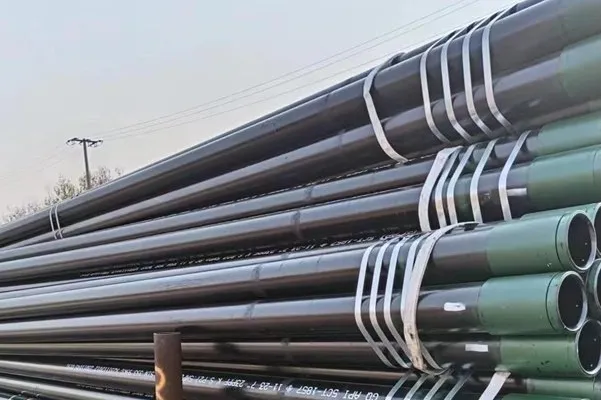
Why Corrosion Resistance Matters in Casing Pipe Applications?
In the
drilling and production process, large quantities of casing pipes are deployed to stabilize the wellbore and isolate different geological zones. The reliability of these casing pipes depends heavily on the quality of the couplings joining them. Corrosion at the coupling connections is one of the leading causes of casing failures and pipe drops, which can compromise well integrity and cause operational downtime.
By adopting phosphating technology, J55 oil casing coupling manufacturers can ensure that the couplings meet stringent corrosion resistance requirements. This protects the casing pipe string from premature damage and supports safer, more efficient well operations.
Anti-corrosion methods for oil casing pipe
1. First, ensure that the water quality meets the standard, and strictly test and manage the water quality. Implement separate injection of cleaning and pollution, strengthen the cleaning of the main water pipeline, ensure that the water quality in the station and at the bottom of the well meets the standard, and reduce the introduction of corrosion sources into the annular space;
2. For newly commissioned water injection wells, adopt annular protection fluid mainly for sterilization, and form a system to add it regularly;
3. In view of the accelerated effect of mechanical abrasion on the corrosion of oil casing, it is recommended to add a rubber ring to the oil pipe coupling or a centralizer to the part with serious well deviation to avoid the oil pipe scratching the casing and contacting the casing pipe on one side during the operation and water injection process;
4. In view of the serious corrosion of bacteria under the scale and the slow growth and killing of SRB at high temperature, 100 degrees Celsius high-temperature water or water vapor can be regularly injected into the annulus to kill the SRB under the scale;
5. Before the corrosion in the casing of the water injection well is effectively controlled, it is not recommended to promote the use of cathodic protection and coated casing pipe.
Continuous Improvement by J55 Casing Pipe Suppliers
Understanding the corrosion mechanisms affecting J55 casing pipe couplings is a focus area for many suppliers committed to advancing product quality. The phosphating process stands out as a reliable, industry-proven solution to corrosion challenges.
With the phosphating process integrated into the J55 oil casing coupling production line, suppliers can deliver high-quality components that enhance the overall performance of the API 5CT J55 casing pipe system. This not only improves the product’s market competitiveness but also helps end-users achieve safer and more cost-effective oil and gas production.






 English
English Español
Español بالعربية
بالعربية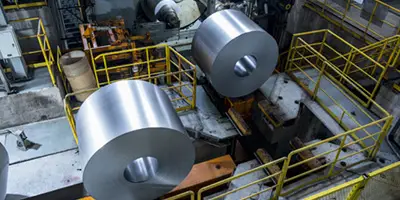

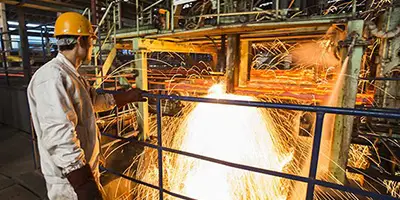
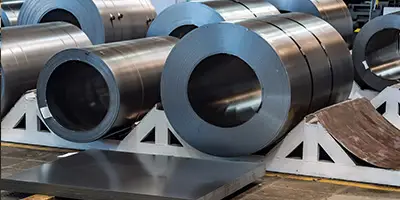

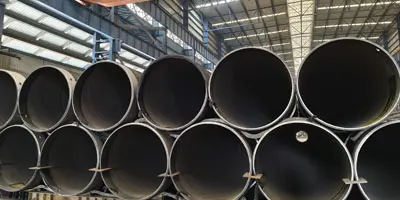
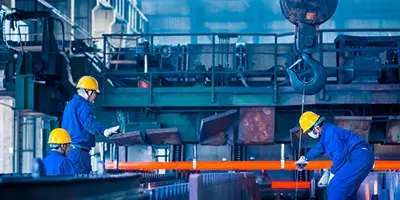
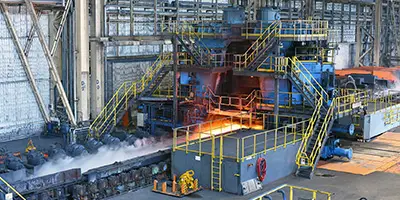
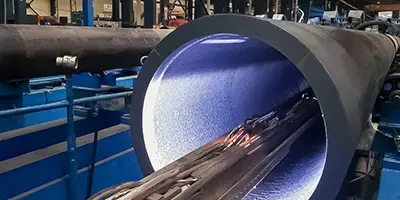
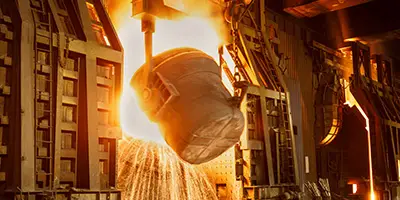


 Phone :
Phone :  Whatsapp :
Whatsapp :  Email :
Email : 


